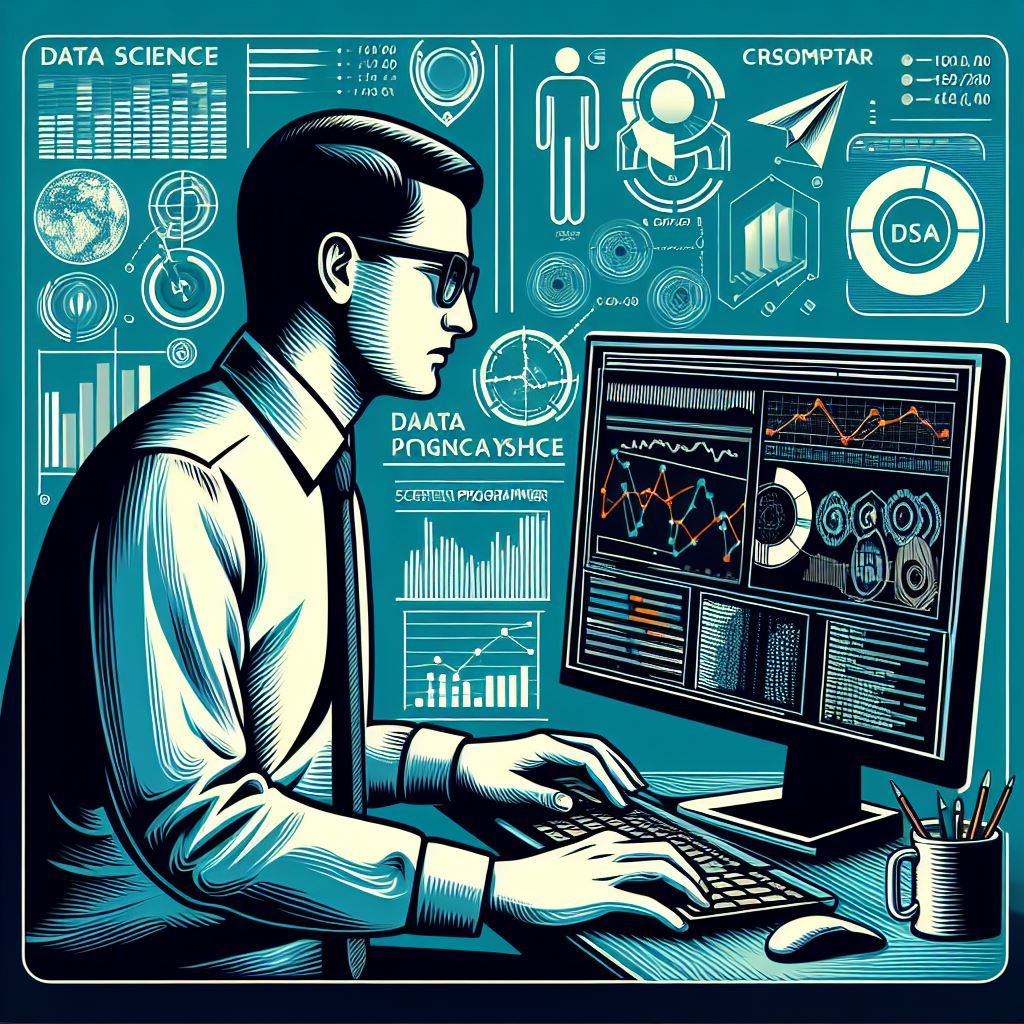The healthcare industry is rapidly embracing machine learning (ML) to enhance patient care, streamline operations, and drive medical innovations. With its potential to analyze vast amounts of data quickly and accurately, ML has proven to be a game-changer in various healthcare sectors, from diagnosis and treatment to personalized medicine and research.
1. Improved Diagnostics with Machine Learning
Machine learning has significantly transformed the diagnostic process in healthcare. Traditionally, diagnosing complex diseases required extensive testing and expert interpretation. Today, ML algorithms can analyze medical images, such as X-rays, MRIs, and CT scans, with remarkable accuracy. By training on large datasets, these algorithms can detect abnormalities that may be difficult for human eyes to identify, such as early-stage cancers or rare conditions. The ability to make faster and more precise diagnoses not only improves patient outcomes but also reduces the burden on healthcare professionals.
2. Personalized Treatment Plans
One of the most promising ML applications in healthcare is the development of personalized treatment plans. ML algorithms can analyze a patient’s genetic makeup, medical history, lifestyle, and environmental factors to recommend tailored treatment options. This personalized approach helps optimize therapies, ensuring that patients receive the most effective treatment with minimal side effects. In oncology, for example, ML models can predict how a patient will respond to certain drugs based on their genetic profile, offering a more targeted approach to cancer care.
3. Predictive Analytics for Preventative Healthcare
Preventative care is a key focus in modern healthcare, and machine learning plays a vital role in predicting and preventing health issues before they arise. By analyzing data from electronic health records (EHR), wearables, and health apps, ML models can identify patterns and risk factors for various conditions such as heart disease, diabetes, and hypertension. Healthcare providers can then intervene early, offering lifestyle changes or medications to prevent the development of these conditions. This proactive approach not only improves patient health but also reduces healthcare costs by preventing costly emergency treatments.
4. Drug Discovery and Development
The drug discovery process is notoriously time-consuming and expensive, but ML is revolutionizing this area of healthcare. By analyzing large datasets of molecular structures, biological data, and patient outcomes, machine learning algorithms can identify promising drug candidates faster and more efficiently than traditional methods. ML models are being used to predict how new compounds will behave in the body, accelerating the development of new medications. This has been particularly valuable in the fight against diseases like COVID-19, where ML was instrumental in the rapid development of vaccines and treatments.
5. Streamlining Healthcare Operations
Beyond patient care, machine learning is also optimizing healthcare operations. Hospitals and clinics are using ML algorithms to manage staffing, predict patient admissions, and streamline supply chains. For instance, ML can forecast patient demand based on historical data, helping healthcare facilities plan for peak times and allocate resources effectively. This improves operational efficiency and ensures that patients receive timely care, even in high-demand situations.
Conclusion
Machine learning is transforming the healthcare industry by improving diagnostic accuracy, personalizing treatments, preventing diseases, accelerating drug development, and optimizing operations. As healthcare data continues to grow, the potential for ML applications will only expand, offering new opportunities to enhance patient care and medical research. By embracing these technologies, the healthcare industry can create more efficient, effective, and accessible care for patients worldwide.
